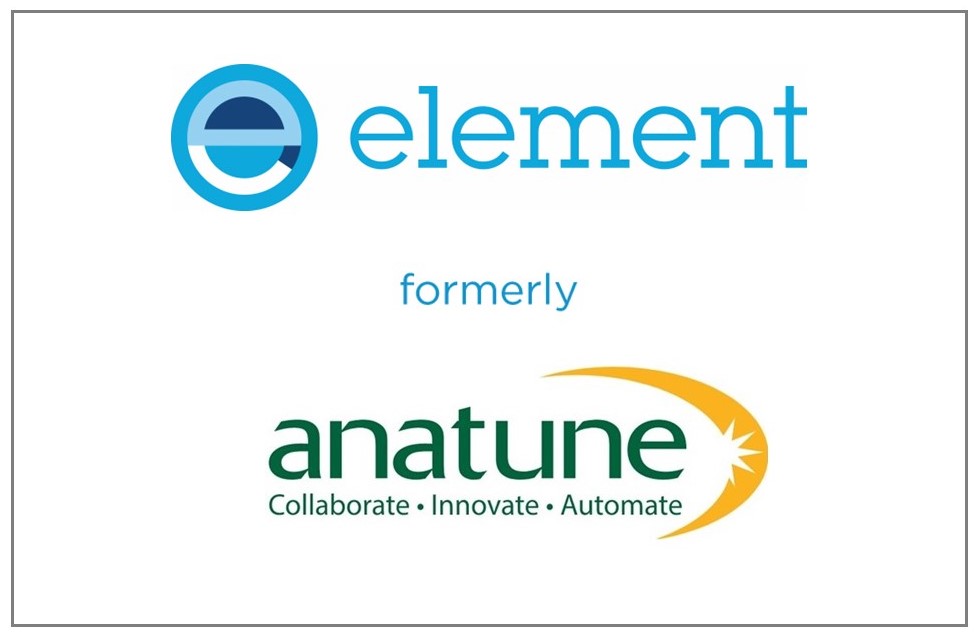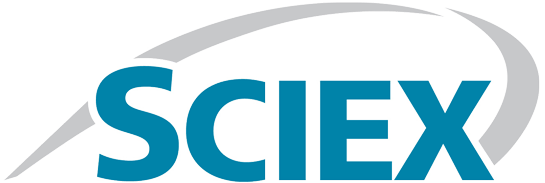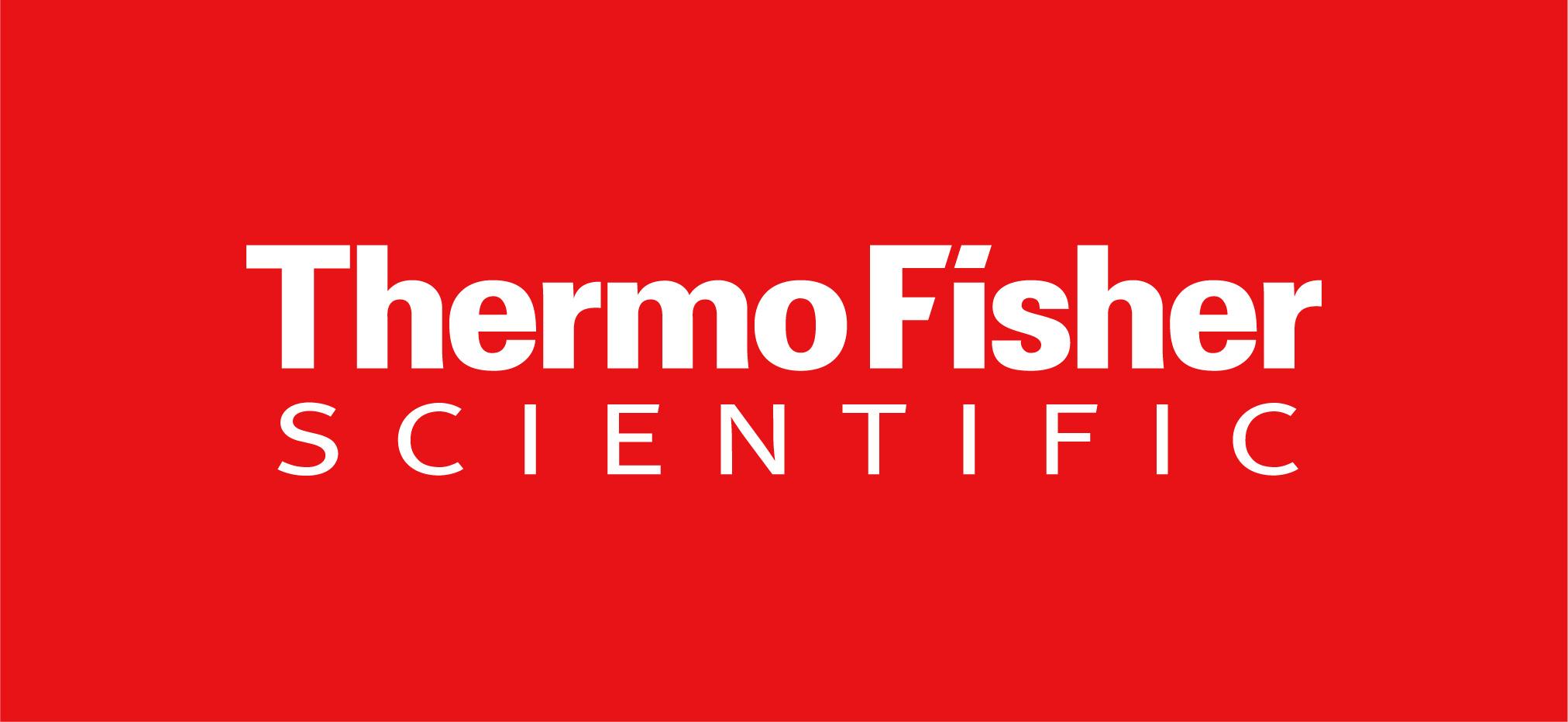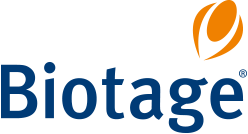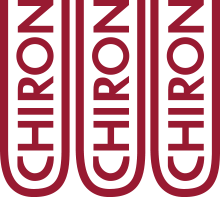Constitution of the L.T.G.
1. Name:
The name of the group is the LTG (Formerly LONDON TOXICOLOGY GROUP).
2. Objectives:
The Group is established for the promotion and advancement for the public benefit of education in the science of analytical toxicology. The Group will:
2.1. Promote discussion and interchange of information with respect to the science and practice of analytical toxicology, and to publish the results of experimental investigations or surveys.
2.2. Organise and provide for lectures, study groups, educational courses, visits of inspection, conferences, meetings and seminars.
2.3. Facilitate and provide for liaison and for the exchange of information both within the U.K. and with bodies outside the U.K. concerned with the science of analytical toxicology by sending of representatives to conferences and by other appropriate means.
2.4. Promote recognition of the Group as a leading British authority on the science of analytical toxicology and to undertake membership of or representation on other bodies or organisations in the U.K. or abroad.
2.5. Encourage the attainment and maintenance of the highest possible standards of scientific practice in analytical toxicology.
3. Group Assets:
The income and property of the Group will be applied solely towards the Group’s objectives.
3.1. The Group will pay any expenses arising from the formation of the Group.
3.2. No portion of the Groups income shall be paid or transferred, directly or indirectly, to members of the Group.
3.3. No member of the Groups Executive Committee shall be paid by salary or fees or receive any remuneration or any other benefit in money or moneys worth from the Group.
3.4. The Group may pay out-of-pocket expenses to any member out of the Groups funds for business related to the Groups activities
4. Dissolution of the Group:
4.1. If on dissolution of the Group all outstanding debts or liabilities are paid, any remaining funds will be given to another institution having similar objectives as the Group. This institution should be determined by the members of the Group at or before the time of dissolution.
5. Membership:
5.1. All individuals who possess appropriate experience and/or qualifications relevant to, or who can show a constructive interest in, the science of analytical toxicology shall be eligible to apply to become members of the Group.
5.2. Every individual wishing to become a member of the Group shall submit a signed application form, supported by an existing member of the Group, to a member of the Executive Committee. The application for membership will be deferred if the sponsor does not provide a supporting statement on the applicant’s behalf whilst the application is considered by the Group
5.3. Membership applications will be put to the Group during a business meeting. The decision of the membership present at the business meeting shall be final.
5.4. The name and contact details of all Group members will be maintained and held by the Secretary to the Group.
5.5. Membership of the group is not transferable.
5.6. Members must regard the minutes and proceedings of Business meetings of the group as confidential and these should not be released to corporate or non-members.
5.7. Members of the Group may propose any individual as an Honorary Life member of the Group in recognition of outstanding service to the practice of analytical toxicology or the Group. This proposal will then be put to the membership present.
5.8. An individual may attend a single meeting of the group as a guest of a full member. Further attendance at Group meetings should therefore be on the basis of a ‘Paying Guest’ or following acceptance as a full member of the Group.
5.9. An individual may attend relevant meetings of the group as a 'Paying Guest' where full membership is not requested.
- 5.9.1.
Paying guests must apply in writing to the Secretary (or in the Secretary's absence, to the Chairman or Treasurer) at least 5 working days prior to the meeting.
- 5.9.2.
The Paying Guest Status will confer no membership rights.
- 5.9.3.
The current fee for attending a meeting will be £15 per meeting. This figure to be reviewed annually to reflect the current "cost" for a meeting.
- 5.9.4.
The fee may be paid by either the individual or a Corporate member. However, such fees will be in addition to the corporate membership fee.
5.10. Membership of the Group will cease if:
- 5.10.1.
Subscription remains unpaid for 3 months following the due date of December 31 st. Any member not having paid his or her subscription by 31 January in a given year will not receive notification of future meetings of the Group.
- 5.10.2.
Written notification of his or her desire to resign from membership is received by the Secretary.
- 5.10.3.
The Executive Committee and then the members reasonably consider that the member has been guilty of conduct that may bring the Group into disrepute. No such decision shall be taken unless the member concerned has been given reasonable opportunity to attend and speak on their own behalf at the Business Meeting of the Group at which his or her case is considered.
5.11. A person who ceases to be a member must pay any outstanding debts they have in relation to the Group or the Groups activities.
6. Subscriptions:
The subscriptions payable by the members shall be fixed by the members in General Meeting or shall, with the subsequent approval of the members in General Meeting, be fixed by the Executive Committee.
6.1. Annual subscriptions are payable in advance preferably by standing order (SO), or cheque where this is not available prior to the 31st December each year. Cash payments will not be accepted. However, the Executive Committee may, at any time, waive payment in whole or in part of any subscription.
6.2. If an individual is accepted for membership after 1st September then the initial subscription will be valid until 31st December the following year.
7. Corporate Membership:
Commercial or other organisations wishing to be associated with the work of the Group may be proposed as Corporate members during a business meeting. The membership will then on acceptance.
7.1. The corporate membership fee will be fixed annually to reflect increases in the cost of holding a Group meeting and charged to each Corporate Member.
7.2. Organisations admitted to corporate membership have no voting rights or rights of access to Annual General, Extraordinary General or Business Meetings of the Group or receive minutes of these.
7.3. Corporate members may send up to three representatives to all open scientific meetings organised by the Group under the same terms as ordinary members.
8. General Meetings:
The Group will hold an Annual General Meeting in every calendar year at a date, time and place determined by the Executive Committee. The interval between AGMs must not exceed 15 months.
8.1. All General Meetings, other than AGMs, shall be called Extraordinary General Meetings (EGMs).
8.2. The Executive Committee may convene an EGM as required . EGMs may also be convened by written request of at least 10 ordinary members.
8.3. The membership must be given at least three weeks written notice (date, time and place of meeting) of an AGM or EGM (All motions to be discussed should be distributed to the membership prior to the meeting).
8.4. The reports of the Executive Committee and the audited Groups accounts (income and expenditure) will be presented at each AGM.
8.5. A quorum of no less than 15 people must be present for an AGM or EGM to take place.
8.6. If a quorum is not present within 30 minutes of the appointed time of the AGM or EGM the meeting will be postponed.
8.7. The Chairman of the Group, or in his absence the Vice-Chairman, shall preside as Chairman at every meeting.
8.8. At any meeting a resolution put to the vote of the meeting shall be decided on a show of hands, unless a poll is, before declaration of the result, demanded by the Chairman or by at least three members present.
8.9. In the case of an equality of votes, whether on the show of hands or on a poll, the Chairman shall have a second and casting vote.
9. Voting:
Only fully paid members of the Group are entitled to vote at any meeting. Corporate members or their representatives are not entitled to vote
9.1. Each member has one vote, which may be registered either personally or by proxy.
9.2. Proxy votes may be made by prior application to the Secretary who will supply a suitable form.
9.3. A proxy must be a full member of the Group. Corporate members or their representatives are not eligible.
10. The Executive Committee:
10.1. An Executive committee consisting of the following posts shall be appointed for the management of the Group:
i. Chairman
ii. Vice-Chairman
iii. General Secretary
iv. Treasurer
v. Corporate Liaison Officer
vi. Webmaster
vii. Ordinary members elected by the Group.
The number of ordinary members to be reviewed and determined regularly by the Executive Committee.
10.2. The Group may from time to time increase or decrease the numbers of the Executive Committee
10.3. No person shall be eligible to be a member of the Executive Committee unless they are a member of the group.
10.4. At the AGM all committee members (including ordinary members) who have been in post for two years should stand for re-election. These members may apply for re-election to the same or a different post.
10.5. The post of Webmaster will be of indefinite tenure.
10.6. The Executive Committee shall have the power to fill any casual vacancy which may arise amongst its officers or ordinary members. Any member appointed to the Committee shall retain office until the next AGM where they may stand for re-election.
10.7. The Group may remove a member of the Committee by Extraordinary Resolution, and appoint another member to that post. This member may stand for re-election at the AGM.
10.8. Proposals for election to the Executive committee may be made in writing to the Secretary (together with the written consent of the proposed individual) All proposals must be received by the Secretary at least two weeks prior to the AGM.
10.9. If there is only one nomination for a post then that individual will be elected to that post. No member can be elected to more than post.
10.10. If a ballot is necessary to determine the election of Executive Committee members a voting form will be sent to each group member at 7 days prior to the AGM.
10.11. When voting for ordinary members of the Executive Committee each member of the Group will be given a number of votes equal to the number of vacancies. However, only one vote can be given to each candidate. Only one vote will be allocated to each member when voting for an Executive officer.
10.12. The candidate receiving the highest number of votes shall be declared by the Chairman to be duly elected to that office.
10.13. If in any election two or more candidates obtain equal numbers of votes the Chairman of the Group shall give a casting vote.
10.14. The office of a member of the Executive Committee shall be vacated if:
- (a) they cease to be a member of the Group;
- (b) they resign office in writing;
- (c) they are removed from office by a resolution as detailed in 10.6 above
- (d) They fail to attend a minimum of three Executive Committee meetings per year during their term of office.
11. Powers of the Executive Committee:
11.1. The business of the Group shall be managed by the Executive Committee. The Committee may authorise all such expenses as are judged necessary for the promotion, establishment and registration of the Group as they think fit.
11.2. The Treasurer shall keep full and accurate accounts of the receipts and expenditure of the Group and will present these to the Executive Committee on a regular basis.
11.3. The Executive Committee will hold at least four committee meetings per year. A minimum of 5 of the committee, which include the Chairman or Vice-Chairman, must be present for a committee meeting to take place. Questions arising at any meeting shall be decided by a majority of votes. In the case of equality of votes the Chairman shall have a second or casting vote.
11.4. The Executive committee may delegate any of their powers to subcommittees as they think fit. Any subcommittee formed shall report to the Executive Committee.
11.5. The Executive Committee and any subcommittee may invite other individuals to attend specific committee meetings as necessary.
11.6. Meetings of the Group, the Executive committee and subgroups will be minuted.
12. Accounts:
12.1. The Treasurer shall keep full and accurate accounts of the receipts and expenditure of the Group and will present these to the Executive Committee on a regular basis.
12.2. The accounts will be open to inspection by the by any member of the Group after application in writing to the Chairman of the Group.



